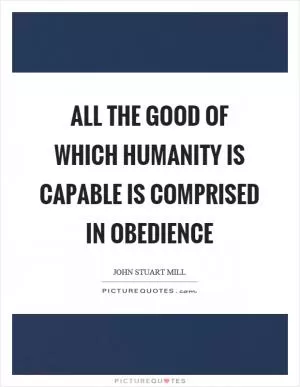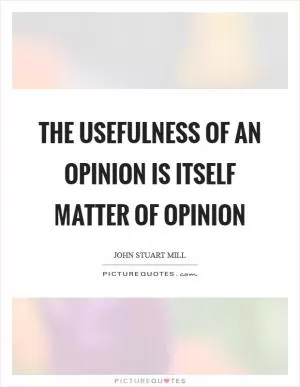Liberty lies in the rights of that person whose views you find most odious

Liberty lies in the rights of that person whose views you find most odious
John Stuart Mill, a prominent 19th-century philosopher and political economist, is perhaps best known for his advocacy of individual liberty and freedom of expression. In his seminal work, "On Liberty," Mill argues that the only justification for limiting individual freedom is to prevent harm to others. He famously stated, "The only purpose for which power can be rightfully exercised over any member of a civilized community, against his will, is to prevent harm to others."One of the key principles that Mill espouses in "On Liberty" is the idea that freedom of speech and expression are essential components of a free society. He argues that the marketplace of ideas thrives on the diversity of opinions and perspectives, and that the best way to arrive at the truth is through open and robust debate. In this context, Mill's assertion that "liberty lies in the rights of that person whose views you find most odious" takes on particular significance.
Mill's argument is that even if we find someone's views to be repugnant or offensive, they still have the right to express them. This is not because their views are necessarily correct or morally justifiable, but because allowing them to speak freely is essential for the health of a democratic society. By engaging with and challenging these odious views, we are able to test our own beliefs and values, and to strengthen our commitment to the principles of liberty and tolerance.
Furthermore, Mill argues that by silencing dissenting voices, we run the risk of stifling innovation and progress. He writes, "If all mankind minus one were of one opinion, and only one person were of the contrary opinion, mankind would be no more justified in silencing that one person than he, if he had the power, would be justified in silencing mankind." In other words, even if the majority of people agree on a particular issue, it is still important to listen to and consider the views of those who dissent, as they may have valuable insights or perspectives that can lead to positive change.












 Friendship Quotes
Friendship Quotes Love Quotes
Love Quotes Life Quotes
Life Quotes Funny Quotes
Funny Quotes Motivational Quotes
Motivational Quotes Inspirational Quotes
Inspirational Quotes